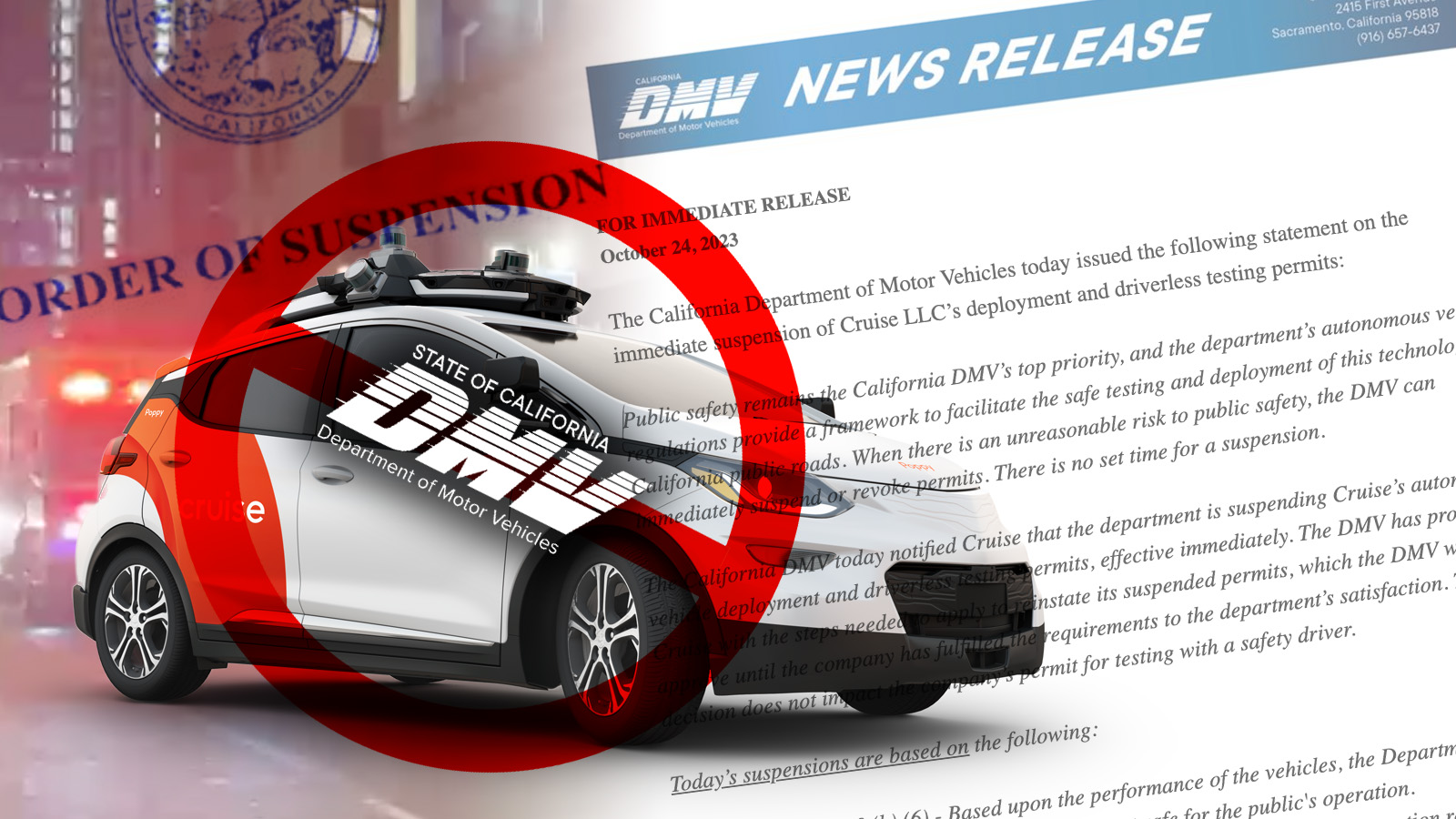Universal Income vs. Robot Tax
At next week’s RobotLab event in New York City, the topic will be The Societal Impact of Robotics. The first speaker, David Rose of Singularity University, plans to address automation’s job disruption. While this subject matter has been featured in practically every article about robotics, what is lacking are real solutions to preventing seismic shifts in the economy. There are three options on the table: 1) industry self-regulation (The Roboticist’s Moral Imperative); 2) Universal Basic Income (UBI); and 3) a tax on robots. This week’s post will delve deeper into UBI and robot taxes.

Entrepreneur Mark Cuban became pretty enraged on Twitter days ago at the concept of Universal Basic Income. UBI is not new; in fact, it was first suggested by Sir Thomas More in the 16th Century. Modern implementations have included countries such as Finland, Namibia, India, and Liberia. According to a fact sheet from a UBI advocacy group, internet self-employment in Namibia rose over 300% after implementing UBI. In a pilot program in India, recipients said they were three times more likely to start their own businesses because of UBI. Cuban retorted that he has spent “a lot of time looking at it” and wasn’t convinced. Cuban has probably seen the data that estimates the costs of implementing UBI in America (at an annual stipend of $10,000 per citizen) would be over $3 trillion and five times as much when one considers the average wage is around $50,000.
A number of high profile tech leaders have disagreed with Cuban, most notably Tesla CEO Elon Musk. Last week at the World Government Summit in Dubai, Musk said that “some kind of universal basic income is going to be necessary” to cope with mass unemployment from automation. He noted that “technological unemployment will make UBI happen as a matter of a fact” and informed the audience that this is not something he wishes will happen, as he is worried deeply about the psychological effects of people lacking “meaning in a world” without jobs. Musk first expressed his views on CNBC last November.
Cuban’s outburst was prompted this week in response to an alternative proposal put forth by philanthropist and Microsoft founder, Bill Gates. In Gates’ interview with online magazine Quartz, he proposes that governments should tax the use of robots to specifically slow the speed of adoption in order for new jobs to be created. This “robot tax” would be in place of lost human payroll tax. In 2015, federal payroll taxes generated over $1 trillion or 33% of all federal revenues. Gates explains that a loss of this revenue base could be catastrophic (especially if compounded by the demands of implementing UBI in the future).
Gates argues that “you ought to be willing to raise the tax level and even slow down the speed [of automation]. You cross the threshold of job-replacement of certain activities all sort of at once. So, you know, warehouse work, driving, room cleanup, there’s quite a few things that are meaningful job categories that, certainly in the next 20 years, being thoughtful about that extra supply is a net benefit. It’s important to have the policies to go with that.”

Gates further suggests that “some of it [taxes] can come on the profits that are generated by the labor-saving efficiency there. Some of it can come directly in some type of robot tax. I don’t think the robot companies are going to be outraged that there might be a tax. It’s Okay.”
Gates continues that the net effect will be positive for advancing robotics. “It is really bad if people overall have more fear about what innovation is going to do than they have enthusiasm. That means they won’t shape it for the positive things it can do. And, you know, taxation is certainly a better way to handle it than just banning some elements of it. But [innovation] appears in many forms, like self-order at a restaurant—what do you call that? There’s a Silicon Valley machine that can make hamburgers without human hands—seriously!” Gates exclaims.

The idea of taxing the profits derived from robotics is novel, as the revenue could be used to retrain workers, finance health care, education, and social security. An analyst for the The Economist writes, “Mr. Gates seems to suggest that investment in robots is a little like investing in a coal-fired generator: it boosts economic output but also imposes a social cost, what economists call a negative externality. Perhaps rapid automation threatens to dislodge workers from old jobs faster than new sectors can absorb them. That could lead to socially costly long-term unemployment, and potentially to support for destructive government policy. A tax on robots that reduced those costs might well be worth implementing, just as a tax on harmful blast-furnace emissions can discourage pollution and leave society better off.”
The big unknown is if robots will impose negative social costs. The UN earlier this year stated that as much as two-thirds of the global workforce could be at risk for elimination, however past case studies of automation tell a different story. For example, the Automated Teller Machine (ATM) was first installed in September 1969 in New York City. In the 1990s it grew to as many as 400,000 installations (including this writer’s former startup, AmeriCash, that was acquired by American Express). Everyone then predicted that job loss across the banking industry would be significant, from managers to tellers. Since 2000, not only have teller jobs increased, but they’ve been growing faster than the labor force as a whole. The impact of the ATM was not to destroy tellers, but actually increase them.

As the costs to operate a branch decreased, since banks needed fewer tellers, the number of branches increased which resulted in more overall jobs. This is not isolated to ATMs, when the grocery stores added scanning technology to cash registers, the number of cashiers increased. Even in white collar jobs we have seen an uptick from automation. After legal offices started using electronic discovery software, the number of paralegals rose rather than declined. The ATM teaches us that once the tedious task (cash-handling) is replaced by machines, human interpersonal skills are more valued to market new unforeseen products.
Will the ATM example hold true for the robots of tomorrow? No one knows, but the good news is that we are talking about solutions even before there is a widespread problem. Next week, on March 2nd, I will be hosting a fireside chat with David Rose about these issues – stay tuned…










Robotics and automation, I get it. I really do. However, it does not change the fact that to buy hamburgers and cars (self-driving or otherwise), humans need money. Robots may drive but they don’t BUY anything. They don’t sign up for music subscriptions or phone services. They don’t go to the movies or to restaurants. All those replaced retail clerks, filmmakers, bank tellers, truck drivers, farmers, mechanics, engineers, fry cooks, etc, what are they going to do? They may not WANT Universal Basic Income. Didn’t we settle this already that human beings are to a great extent defined by their work? Didn’t we just learn that people are tired of being told what to do? Who are any of us to tell them that they should just accept UBI and get out of the way because some bot took their job? It may sound good on paper or at a conference to say that we’ll just institute UBI and pay for it with a robot tax, but I have doubts whether most of the new masters of efficiency are going to sign up for a new tax. Also, the US is not Liberia, or India, or even Finland. What will $10,000 buy in NY or SF as opposed to some rural down in Alabama or North Dakota? All that efficiency, and for whom?
I think that part of the point is to say that a) UBI will allow people to find jobs that pay, and permit more fulfilling work. (helping children, senior citizens are much-needed jobs that ALREADY pay well). Or, it can help create markets for work that doesn’t currently pay much, but can in the future (ie. creating further markets for art and social activities). and b) UBI can give people on the brink of entrepreneurship a push over the edge, creating more businesses, more jobs, and more income than ever before.
UBI doesn’t mean no more work, ever. It means a different kind of work.
New burger bot: https://techcrunch.com/2017/03/07/meet-flippy-a-burger-grilling-robot-from-miso-robotics-and-caliburger/